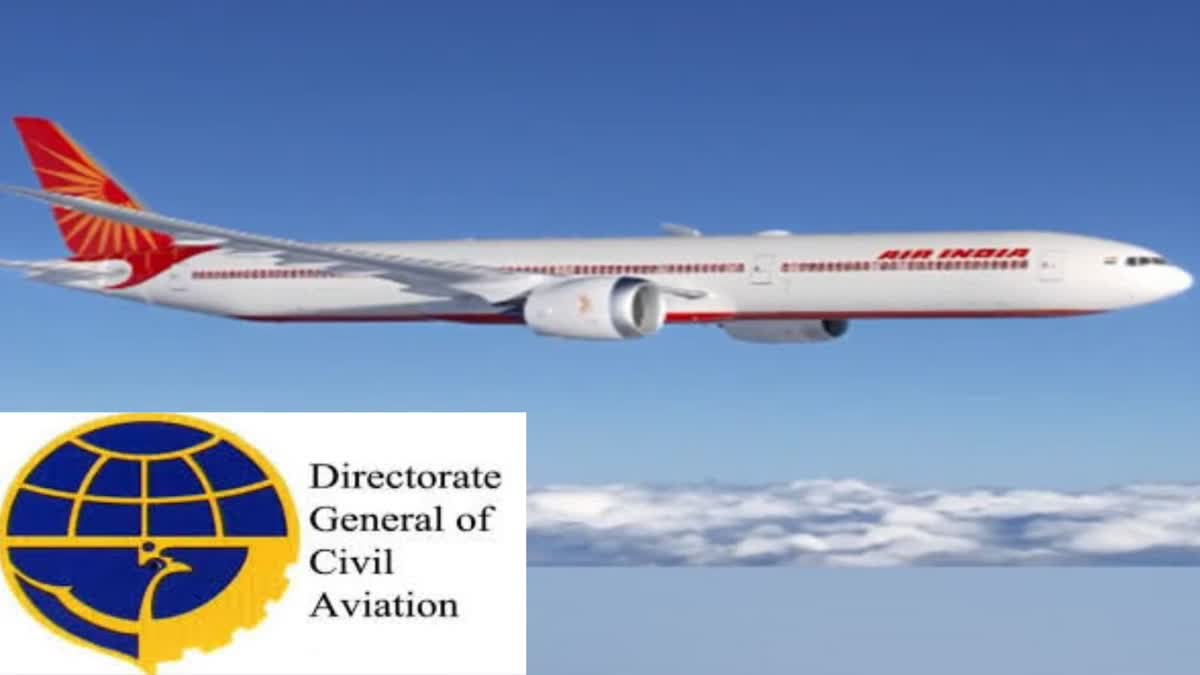Delhi : As the aviation enthusiasts celebrate the World Pilots Day (WPD) on April 26, the challenges lying before the aviation industry in the country have come under scrutiny yet again. The past few weeks witnessed how the aviation watchdog Directorate General of Civil Aviation (DGCA) succumbed to the pressure of airlines by deferring the pilot fatigue norms.
As the matter came up before the Delhi High Court, the aviation watchdog, which is also facing the heat of the judiciary and the pilots and other staff, asked the airlines to inform when they will be ready to implement the newly amended pilot duty rest norms that mostly cater to the issue of 'fatigueness'. This matter is not just related to pilot fatigueness but also to that of the safety of passengers and crew members.
Similarly, the industry also witnessed the protests from the Vistara pilots ahead of its merger with Air India when pilots from the former airlines protested over pay revision and rostering issues.
This led to cancellation and delays into several flights which ultimately impacted the passengers while two unions of Air India extended their support to this strike from the Vistara pilots alleging that pilots were being treated as "bonded labourers" and threatened by the HR with severe consequences. Similarly, the aviation experts also talk about the shortage of pilots that the industry is facing.
View of Industry Experts:Talking to ETV Bharat, Industry veteran Captain Shakti Lumba — who retired as IndiGo VP and had before that headed Alliance Air said "Air travel is an important aspect for the mobility of economy but the government while thinking about other things forgets about the individual rights. Today, the pilots don't have the right to unionise. Airlines who are looking for profit lobbies for more work for pilots so that the number of pilots they employ gets deducted. And that's where FDTL comes in."
The last revision came in January and the deadline was June 1 but DGCA deferred it later. The only reason behind this was the pressure from the airlines.
"Today, the pilots in India are happy only when they are off duty. They live under tremendous work pressure, there's no work balance and they're underpaid. In terms of employment, it takes a near about 1.25 crore to become a pilot in India. The time when he/she joins an airline, they need to give a bond (amounting to near about 40-50 lakhs) which is illegal in nature. Why nobody is talking about it and nobody is challenging it also. Then there are extremely harsh HR practices. Imagine, a pilot has to serve a notice period of 6 months, no industry does that. The fact of the matter is that life of a pilot is not that glamorous as it seems so", adds Captain Lumba.
He further said that "There are issues pertaining to unemployment also. So, we have let's say near about 10,000 pilots but there is a shortage at the captain level while the maximum unemployment is at the co-pilot level. The airlines have ordered more than 1000 planes and you have a schedule for that till 2030. This is the time when airlines should be building a career progression which is a continuous induction programme along with an upgradation programme for Captains."
